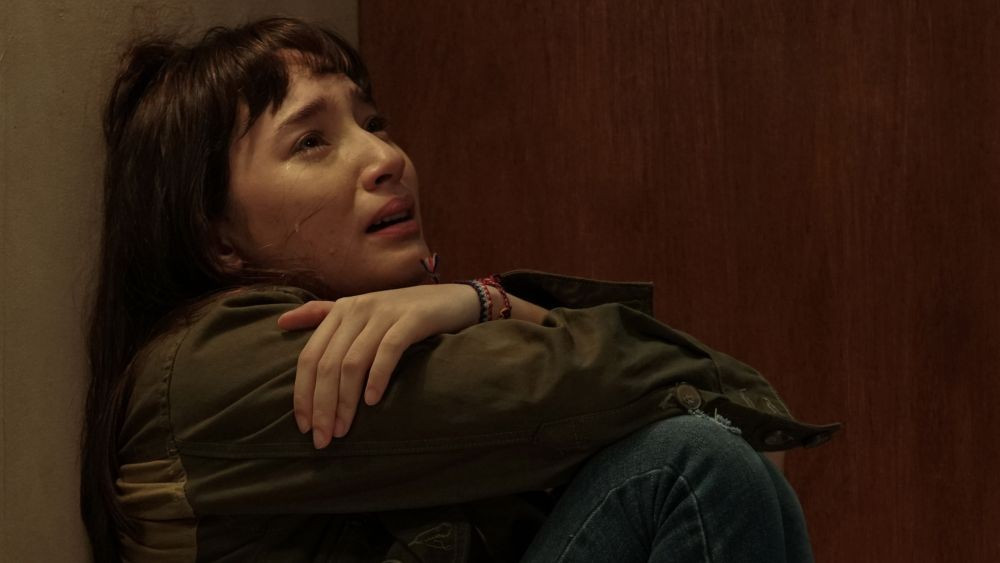Popular Reads
Top Results
Can't find what you're looking for?
View all search resultsPopular Reads
Top Results
Can't find what you're looking for?
View all search results'Ghost Writer': On denial and acceptance
Unlike most of Indonesia’s horror movies these days, the film contains more value than just jump scare and ha-ha moments.
Change text size
Gift Premium Articles
to Anyone
A
s humans, we’re always surrounded by nothing but problems. Despite our age, gender, sexual orientation and financial situation, we all struggle with certain problems that we wish we could tackle with the most ideal scenario possible. But that’s not always the case, is it?
For Naya, (Tatjana Saphira), writing novels has always been that answer. After her successful debut, the publishing company has set the bar extra high for Naya's next novels. But after three years, Naya is still unable to pitch amazing stories to her editor (Ernest Prakasa). With her younger brother, Darto (Endy Arfian), going to high school soon and the worrying state of her bank account, Naya’s stakes become incredibly high as she has been the family's breadwinner ever since their parents died. When she finds an old diary owned by a ghost named Galih (Ge Pamungkas) revealing his devastating past, Naya pitches Galih’s life to her editor — who happens to like the idea and demands that Naya finish the novel within two months.
Ghost Writer is the directorial debut of Benedion, who previously wrote the screenplays for Warkop DKI Reborn: Jangkrik Boss (2016) and Suzzanna: Bernapas dalam Kubur (2018). Prior to this, he had also directed several episodes of Cek Toko Sebelah: The Series (2018) and was a consultant on Ernest’s second film, Cek Toko Sebelah (2016).
Unlike most of Indonesia’s horror movies these days, the film contains more value than just jump scare and ha-ha moments. Sure, the film is funny, scary and most of all: entertaining. But what makes this film stand out is the fact that Bene could capture one of the least talked-about universal human experiences and deliver it in a creative manner. Credit is also due to Nonny Boenawan, one of Ernest Prakasa’s students and whose idea became the backbone of the movie.
Denial and acceptance are the fuel of this story. Naya is certain that the only way she's able to finance her younger brother is by writing novels, despite alternative job options and help from her generous boyfriend (Deva Mahendra). Galih — the ghost who literally becomes the ghostwriter in this movie — denies reconciliation and gaining closure in his family conflicts. He chooses to believe that he is destined to be a ghost, haunting old abandoned houses. With comedic touches, scary moments and heartfelt drama, Ghost Writer’s argument remains the same: that we won’t be able to resolve our internal conflict if we keep denying the problems.
It’s worth noting how Ernest Prakasa and Starvision were willing to take a risk on this project, considering its unique story. But it's also worth noting how the production values are sorely lacking. From scoring to production design, they are average at best. (wng)











